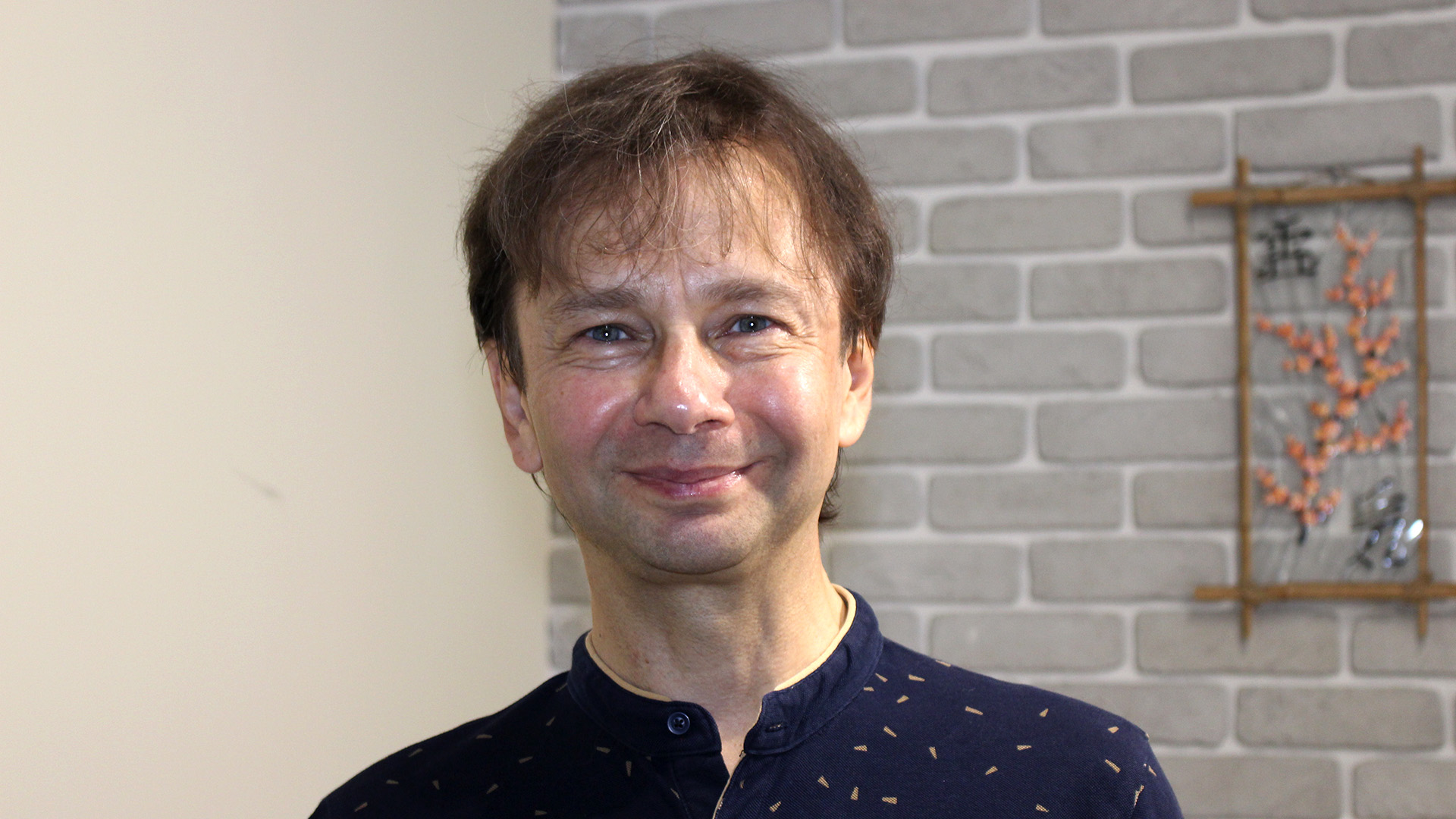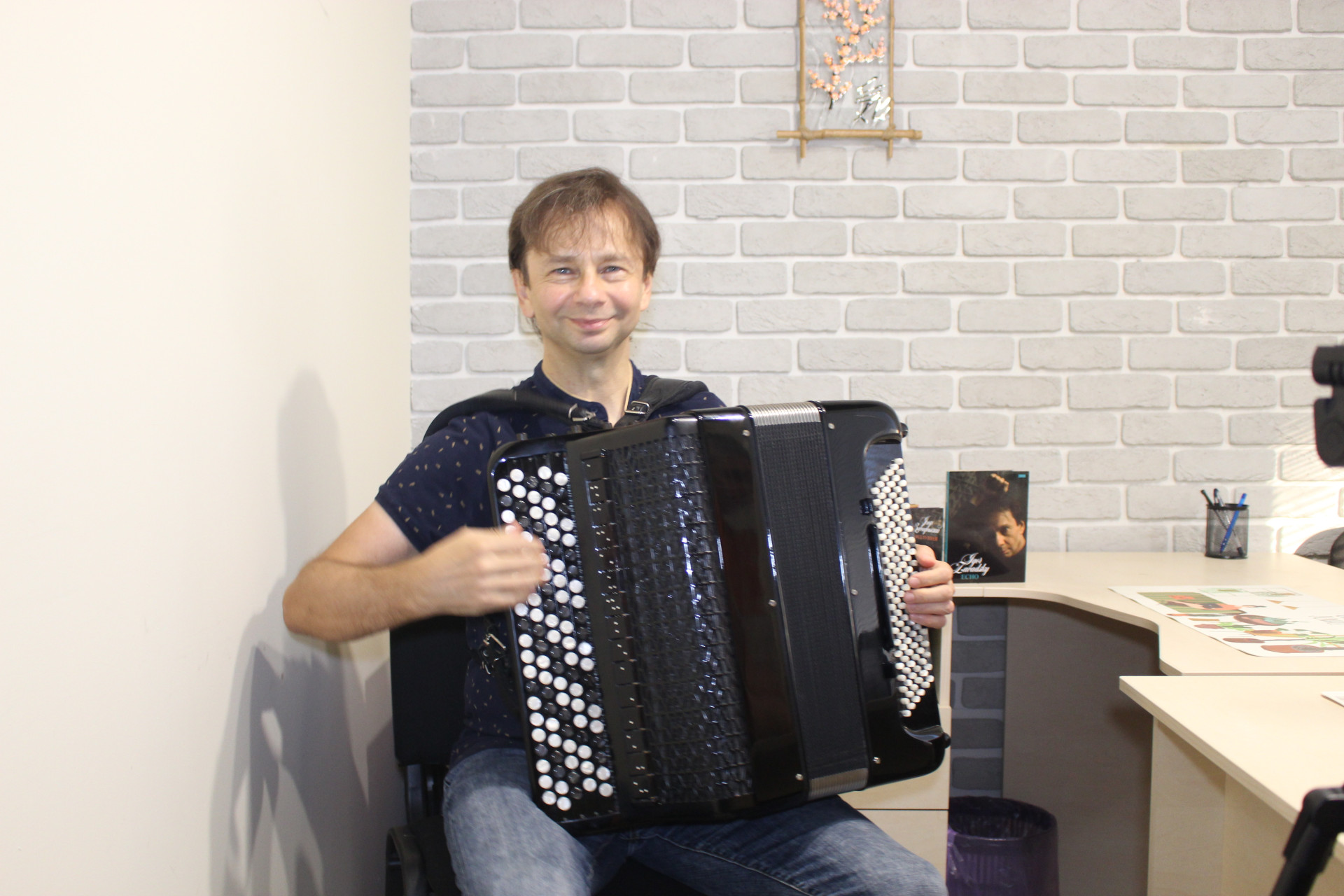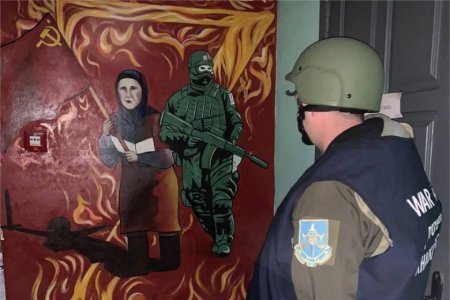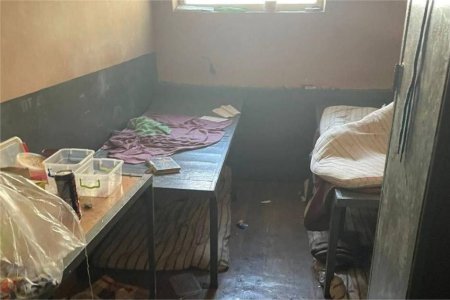The first thing I did when I learned that large-scale aggression had begun in Ukraine was to find a piece that would suit my feelings. It was “Echo” by Bach. When on the first of March I recorded this work in the vestibule of my house, there were explosions behind the window. Music that comes from the soul and heart is light. And every piece that I perform — this is a ray of light. It so happened that every day, for four months in a row, I played a new piece as a response to the forces of evil and darkness. I spread this echo through YouTube and Facebook, writing daily posts — the first day of the war, the second day. I haven’t missed a day yet.
My musical battlefront is holding firm. A music album resulted from this echo in my heart, these events. It is the music album “Echo”. It became a champion.
I don’t think many albums in the world are 9.5 hours long. Here are three turquoise CDs. For me, this is already the 16th album. Goodness must be with fists; that’s why there’s a photo of a fist on the cover. The album contains 123 musical numbers I recorded for four months straight.

It is essential for a musician, like everyone else, to have his battlefront. For us, it is music. Everyone on this front must bring our victory closer, and together, we will win. I prepared this premiere for the opening of my concert season at the House of Actors on Yaroslavov Val. On September 30, I will be opening the concert season. I wanted to play four or five premieres and many pieces from my various musical albums from different years. Today, I decided to give a gift to my YouTube viewers. I’ll tell you two words about this work: “Memories”.
There is a scientific statement that when a person is declared dead, there is no longer a pulse and no heartbeat, but the brain still lives for some time — a minimum of 100 seconds.
So, I decided to create such a musical picture. Imagine what a person might feel when everyone thinks he is already dead, but his whole life flashes before him in these 100 seconds? My piece, which I will now perform, lasts approximately 100 seconds. These are memories from the first heartbeat to the last.

The tragedy in Chernihiv and at the front may have affected me. So, I imagine such a picture today. I imagine how the friends of deadly wounded soldiers pronounce them dead. They can run or sit in a trench, and their pulse beats quickly because of tension, stress, war, the sounds of bombardment, many deaths, and who is winning. I will also have this pulse, the heart beating at an accelerated pace. I made such a meditative part, which occurs during these hundred seconds: almost the entire foundation of this work is built on it. It is such a small, small musical tune about the most vivid memories and events in a person’s life.



